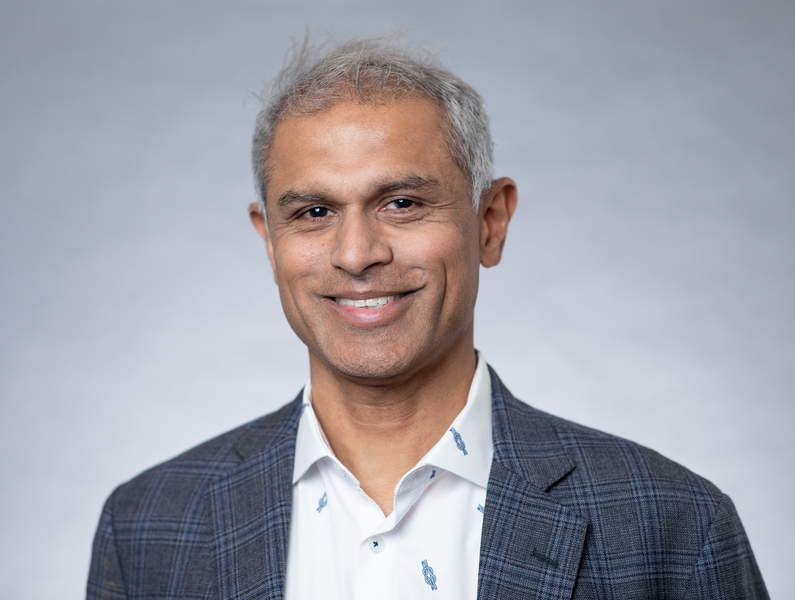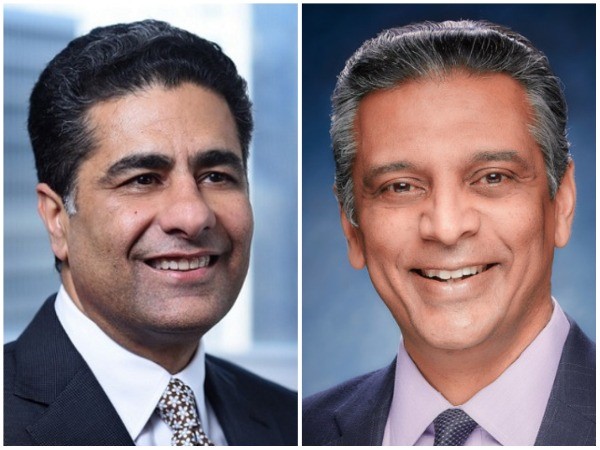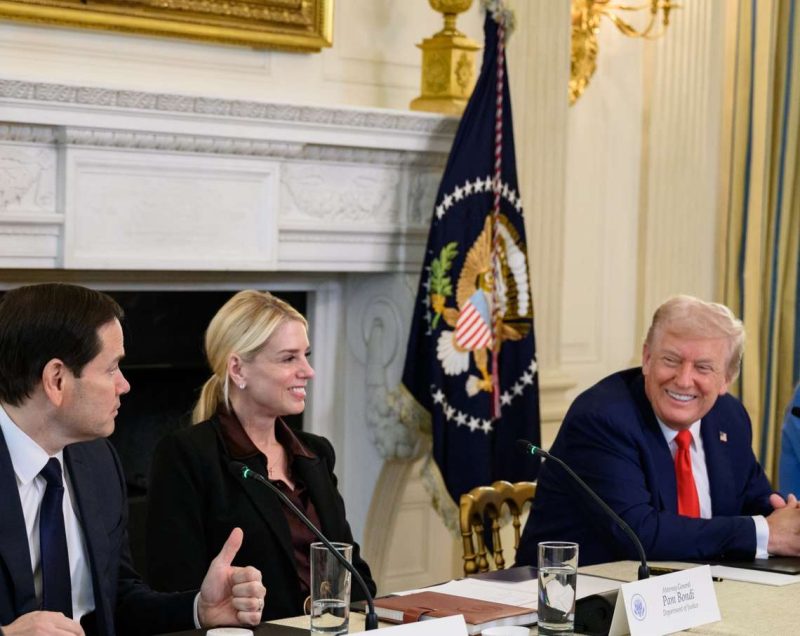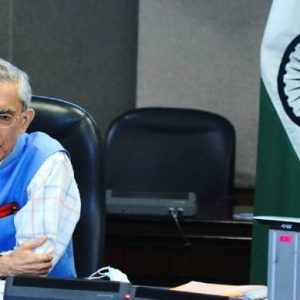The Marconi Prize, widely considered to be the top honour within the field of communications technology…reports Asian Lite News
Indian-origin professor Hari Balakrishnan has been awarded the 2023 Marconi prize for his fundamental discoveries in wired and wireless networking, mobile sensing, and distributed systems.
Balakrishnan is the Fujitsu Professor in the MIT’s Department of Electrical Engineering and Computer Science (EECS) and a principal investigator in the MIT Computer Science and Artificial Intelligence Laboratory (CSAIL).
“Hari’s unique contributions have shaped the course of research and discovery in multiple fields, saved lives, and enabled users to have better experiences with network-based services,” Vint Cerf, chair of the Marconi Society and 1998 Marconi Fellow, said in an MIT News statement.
“His focus on scientific excellence that creates positive impact at scale, along with his humanitarian contributions, makes him a perfect choice for the Marconi Prize,” Cerf said.
The Marconi Prize, widely considered to be the top honour within the field of communications technology, is given annually to “innovators who have made significant contributions to increasing digital inclusivity through the advancement of information and communications technology”.
Balakrishnan’s research has focused on improving the reliability, performance, and efficiency of computer systems, with special emphasis on networking, mobile computing, and distributed systems.
At present, his research focuses on networking, sensing, and perception for sensor-equipped mobile devices connected to edge and cloud services, and on designing architectures for more resilient networked systems.
His research in networking has led to better communication protocols for mobile devices communicating over the internet, such as the techniques he developed to understand and improve the performance of data transport over wireless networks.
Between 1999 and 2004, Balakrishnan led the development of Cricket, an indoor location system using a novel approach to distance estimation using ultrasonic and radio signals.
Balakrishnan received his PhD in 1998 from the University of California at Berkeley’s Electrical Engineering and Computer Science Department, which named him a distinguished alumnus in 2021.
He also earned a B.Tech in 1993 from the Indian Institute of Technology at Madras, which named him a distinguished alumnus in 2013.
He was elected to the National Academy of Engineering in 2015 and to the American Academy of Arts and Sciences in 2017.














